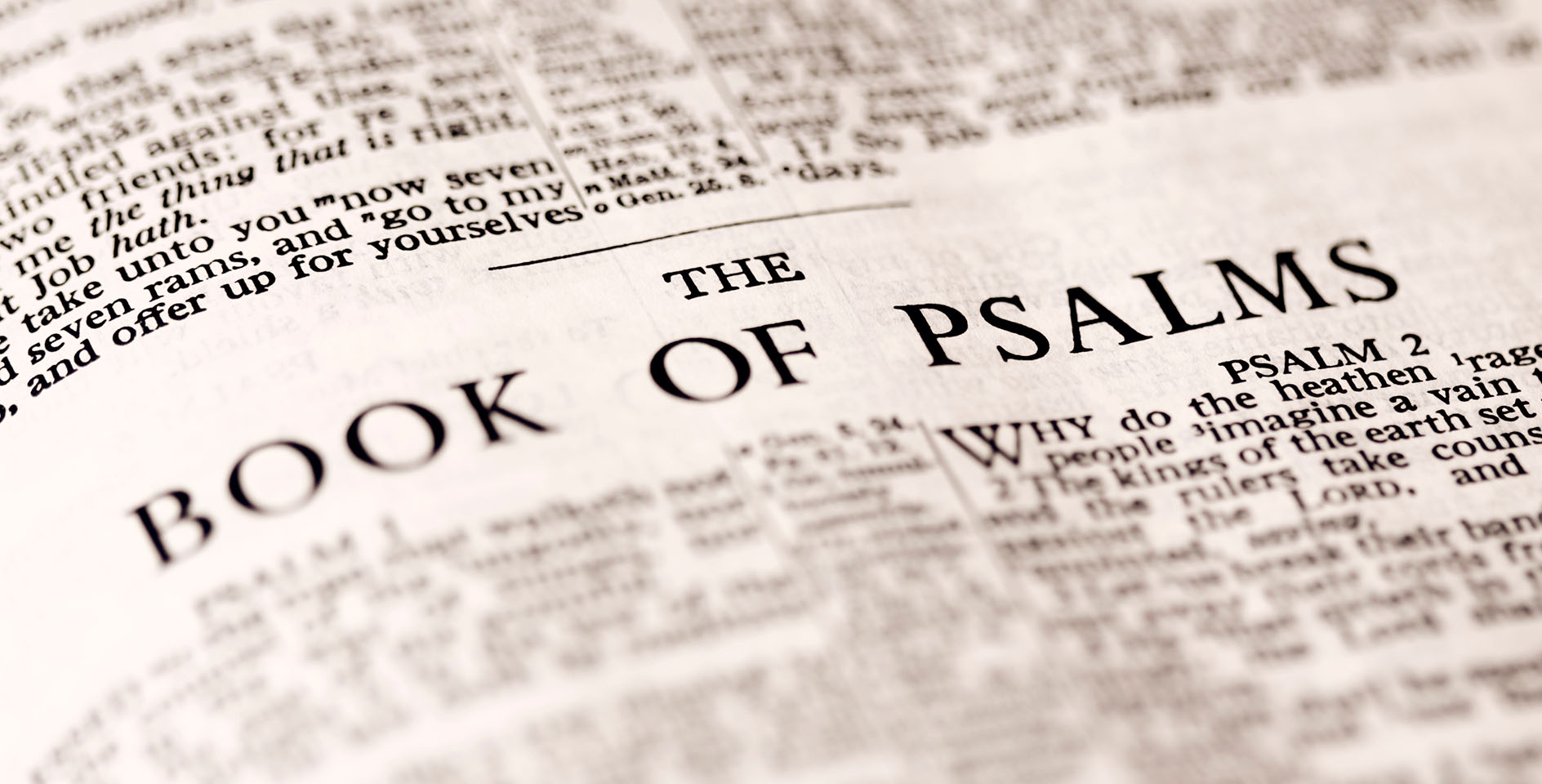Why, O LORD, do you stand far away?
Why do you hide yourself in times of trouble?
These aren’t my words, but they might as well be. I feel like I can’t take another day of bad news. War, political vitriol, violence, corruption. Our holidays aren’t even restful, because evil doesn’t take a day off. These “why” questions come from Psalm 10. The chapter is a desperate prayer, cried out without pretense, right from the pages of our Bible. In this passage, we meet someone in the middle of a crisis of faith. He is struggling to apply what he knows to be true about a good and just God to circumstances of rampant injustice around him. Surely, we can relate.
I am asking a lot of my own why questions these days. Why does our world feel like it is getting more dangerous, more confusing, more uncertain? Why can’t we go to our local parade without fear? Or send our kids to school, or go to the grocery store without worrying for basic safety? Why does it seem the most vulnerable among us keep paying the highest price? Why do our leaders— the very people charged with doing the right thing in the face of injustice— seem to lack fortitude?
Beneath all of those questions, my heart is asking along with the psalmist, “Why, Lord, are you far away when we need you most?” But I am so grateful to see my concerns included in Scripture. And in this way, we see God is not distant. He speaks to us right here in Psalm 10, right into the real pain of our lives, meeting us in the tension of how to live in a world not as it should be. We learn several things from this passage about how to face injustice.
How we pray
The author gives us a lesson in how we pray for justice. He first spends nine verses detailing how a wicked man exploits the vulnerable for his own gain and laments the way evil seems to operate with impunity. But then, the author turns to God and says, “Arise, O Lord. Oh, God, lift up your hand” (v. 12).
What a request! The directness makes me uncomfortable. But should it? The psalmist believed what God says about himself is true— he is righteous, just, helper to the helpless. And so he requests that God act on behalf of his own reputation. It is a request of faith, not doubt.
In verse 14, the psalmist writes that God not only sees the injustice, but takes it into his own hands. Stop there for a second. This image contradicts every fear we could ever have that God is indifferent to human suffering. He cares, enough to take it into his hands and deal with it himself. What better evidence do we have for this claim than Christ? In Jesus’ death, we see there is no length to which God would not go to deal with the sin and evil of this world— even the death of his only beloved son.
So, if we are uncomfortable being direct with God, it might be because we don’t trust him to be who he says he will be. Let’s instead, reorient our hearts to hold Christ as the firm foundation upon which every request is made. We can ask God for justice because he is just. We’ve seen is character in Christ’s willing sacrifice for our sin.
How we care
When we encounter injustice— on the news, on social media, or in our very neighborhood, what is our heart’s response? I confess that mine often cycles between detachment and vengeance. But we lose the ability to engage faithfully in justice work when we spiral into despair or rage. Psalm 10 offers a different model.
First, what stands out most in this entire passage is the heart of God for the helpless. His relationship with the vulnerable is beautiful. The wicked brag that God doesn’t care about their pain, but Psalm 10 affirms the truth: ‘you do see’. (v 14) God hears the cries of the afflicted, and he does not forget them. What is more, ‘he will strengthen their hearts’, (v 14) meeting them in their time of need. This picture of God’s heart and care should shape our response.
Second, when we step back from the story, we see this is about more than two earthly parties— the victim and the aggressor. There is actually a third person involved. Do you see it? The author. He is not passive. He is grieving injustice, with his heart and mind aligned with God’s care for the vulnerable. We see this as he desperately petitions God to intervene in righteousness.
And here lies both a promise and a warning. God cares deeply, specifically for the vulnerable— but do we? And as God’s people, do we consider that his care for the helpless may just flow through us, through our wallets, our prayers, our churches? Because when we get down to it, the wicked man is not so far removed from us. In fact, many commentaries believe the aggressor was a wealthy Israelite or group of Israelites who defied God’s commands specifically given to his covenant people to care for the vulnerable (Exo. 22:21-24).
I don’t want to settle for cycling between detachment, despair, and rage. And I don’t want to be blinded by pride, thinking God doesn’t actually care how I treat the vulnerable. Thankfully, there is another way. We can look to the beauty revealed here and ask the Holy Spirit to help us reflect God’s heart in our own actions. It will require more of us— likely sacrifice and personal cost— but there is nothing better than living within God’s commands and promises by the power of his Spirit.
How we hope
For much of the chapter, Psalm 10 reads as a petition. Then, near the end, comes a change in verse 16. The psalmist breaks from speaking to God and makes a statement about God. “The Lord is king forever and ever; the nations perish from his land.” This is the truth claim on which everything else depends. All the power players of his day, and of ours— they are actually waning.
There are so many times in the last few months particularly, where I’ve been tempted to believe darkness is winning. But what is beautiful about this chapter is that it reminds us to speak the truth to ourselves when we are most tempted to forget. We need this good news to break through and capture our hearts and minds. We need a secure hope while waiting for our broken world to be made right. We too need to be reminded that the Lord is king, and the land is his.
The psalmist ends here, not with a declaration of vengeance or even resolution, but a promise. He writes of a future time when “the man who is of the earth will strike terror no more” (v 18). What a triumphant declaration! And it points forward to a promised time when Jesus will establish his rule of justice and righteousness and reign forevermore (Isa. 9:6-7).
We are right to long for justice, but oftentimes what we want is far too small. The justice Jesus brings is even better than what we could imagine. We think of justice as a courtroom idea— to make payment for wrongs. That is true, but the just kingdom described in the Bible goes far beyond that idea. Our King upholds righteousness, so that humanity and all creation flourishes as it should, as it is intended to. Whole, peaceful, completely sinless. Restoration is coming through Jesus. And it is better than anything we could ever design (Rev. 21). Let us pray and hope toward that end.










